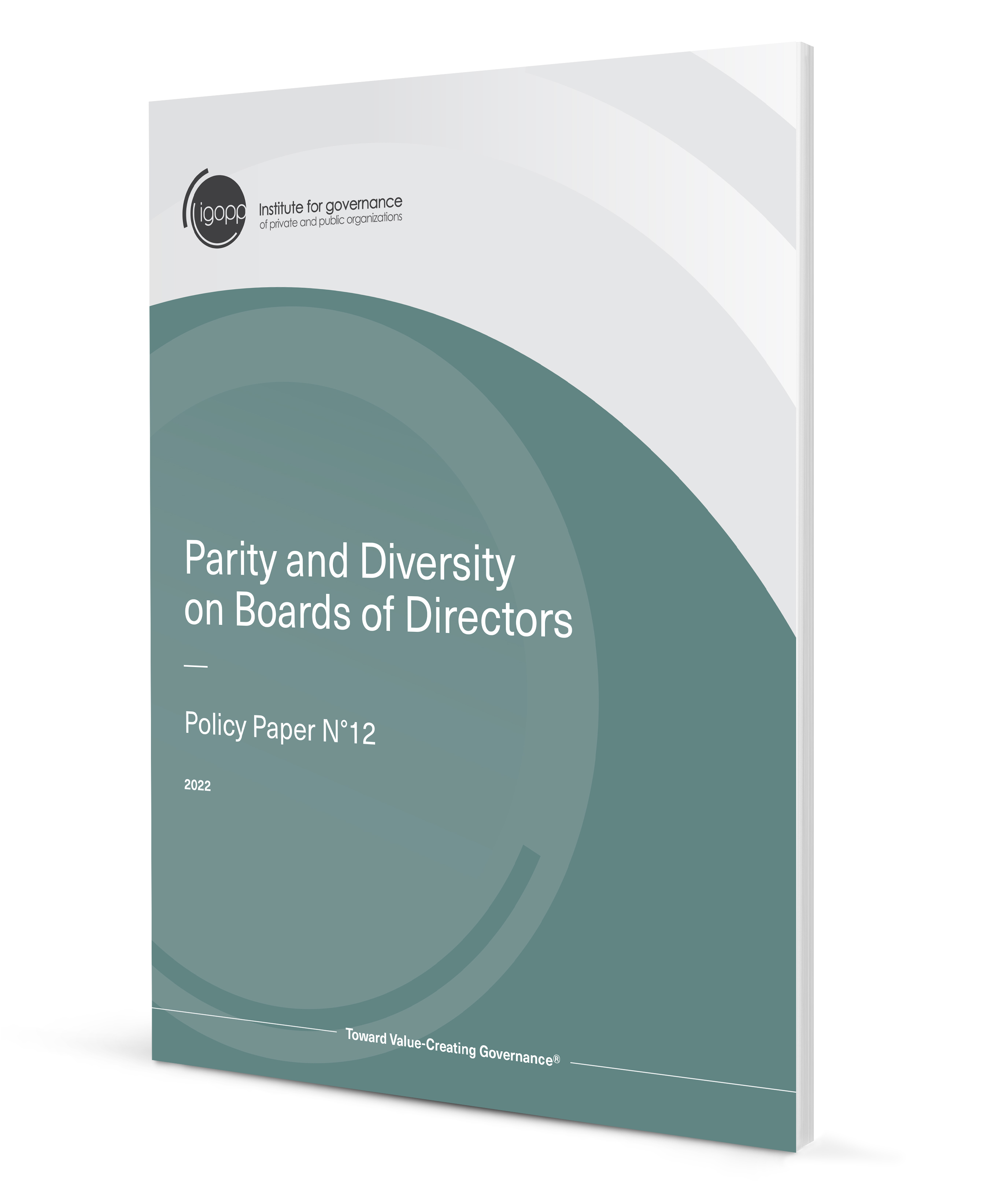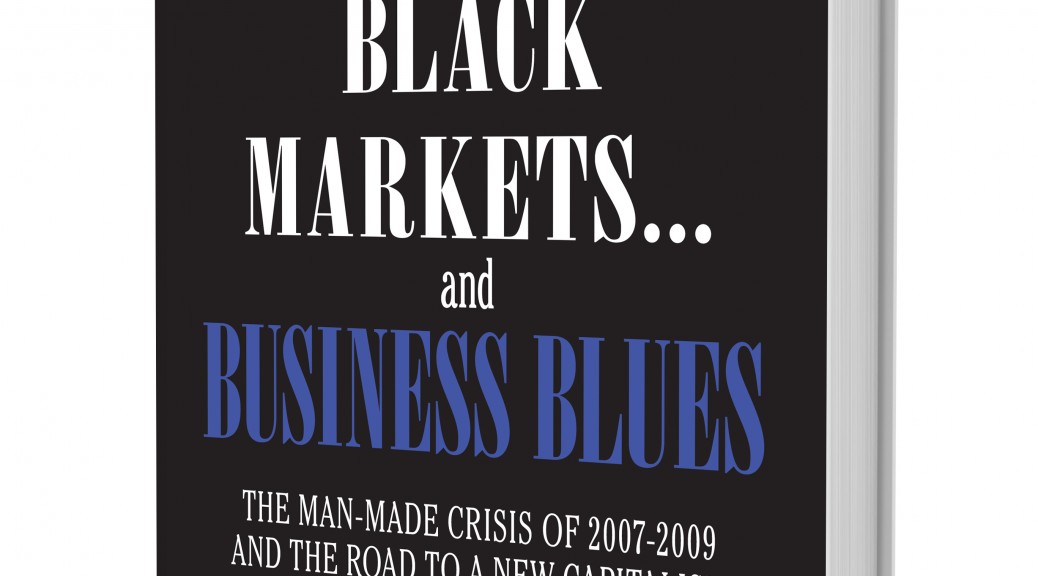*(The opinions expressed herein are the author’s and not necessarily those of IGOPP or of its board of directors)
In April 1990, the Pennsylvania legislature enacted one of the strongest anti-takeover bill passed by any state. The immediate purpose of that bill was to block the Canadian Belzberg family in its attempt to acquire Armstrong World Industries, a Pennsylvania company.
The wave of hostile takeovers in the 1980s, fuelled by junk bonds, leveraged buy-outs, raiders of all sorts and “green-mailers”, triggered legislative action in some thirty states in the Land of Free Markets. These anti-takeover legislations vary from state to state but they all resulted in shifting the balance of power to the board of directors. In the supposedly investor-friendly United States, state governments acted to make “hostile” takeovers very difficult, nary impossible.
Ever since American states enacted these laws, the financial community and sundry economists have lamented the “discount” in share value that results from such protection from takeovers. Yet, these laws are still very much on the books. They empower a company’s board of directors to reject an offer to buy the company if they deem that it is not in the long-run interest of the company. In some states, they may (in two states, they have to) consider the impact of the proposed takeover on all stakeholders (employees, creditors, suppliers, the community). The result may well be an enhanced offer so as to turn a hostile takeover attempt into a friendly one.
Compare this to the Canadian situation. In Canada, once a company is “in play” [i.e. an offer to buy the company has been received from a credible entity], the board’s role is limited. It must organize a proper auction for the company and, in the end, recommend that shareholders accept or reject the best offer on the table. Shareholders may disregard this recommendation. If they hand in their shares in sufficient number, the deal is done.
“Poison pills”, so-called “rights plan”, serve mainly to give the board of directors some respite while they angle for a better sale price. Anytime a company is put “in play”, by decision time, a large percentage of the shares will be in the hands of arbitrageurs and other hedge funds. They will play a significant role in deciding the fate of the company; but their motivations are simple and well known: make sure the buyer likely to offer the most money in cash is lined up and go for it. Alcan, Falconbridge and Inco are good models of the way acquisitions work in Canada.
The same process is now underway for the Potash Corporation. This company, the largest producer of a non-renewable resource with 20% of the world’s operating capacity, is now on the auction block. The board and management have few options but to seek the best price for the company and, ultimately, to recommend to shareholders to accept or reject the best offer on the table. Shareholders, whoever they may be by that time and whatever their motivations, may take or reject the board’s advice.
Alimentation Couche-Tard’s hostile bid for Casey’s
Contrast BHP-Billiton’s hostile bid for Potash Corporation with Alimentation Couche Tard (ACT)’s increasingly bitter fight to acquire Casey’s, an American operator of convenience stores, legally domiciled in Iowa.
Clearly, ACT is not bidding to acquire some company in a sensitive industry. The deal would not affect the national security of the USA, nor would it put in foreign hands a large chunk of its non-renewable natural resources. It’s all about convenience stores. Yet, the Iowa Business Corporation Act makes it virtually impossible for a would-be acquirer to succeed if the board of directors wants to resist the takeover. Shareholders have very little say in the process.
The Iowa Business Corporation Act (and it is also the case in several other state jurisdictions) provides the board of directors with the following means of fighting a hostile bid:
- A Poison Pill Statute, which expressly permits directors to adopt “rights plans” with almost unfettered discretion as to their terms*;
- A Business Combination Statute, which basically imposes a three-year moratorium on the acquirer combining or selling assets of the target company; this statute prevents the acquirer from extracting any economic benefit from the acquisition for a period of three years*;
- An Other Constituencies Statute, which permits a board of directors to consider, and even favour, other constituencies, the corporation’s employees, suppliers, customers and creditors and the communities in which the corporation operates*;
Obviously, ACT will not succeed in its takeover attempt unless these statutes are successfully challenged, which is the tricky route ACT has taken. This Canadian company must thus take on the burden of demonstrating to the appropriate U.S. courts that these Iowa statutes are in violation of various acts, including the Commerce Clause of the U.S. Constitution! Good luck and Godspeed.
Conclusion
The point here is a rather obvious one. In the USA, a Canadian company is prevented by state corporate laws from taking over a fairly pedestrian company, a transaction which raises no large issues of national security or control of non-renewable resources. In Canada, a foreign-owned company may take over, with relative ease, a leading company exploiting non-renewable Canadian resources.
In the former case, boards of directors have been given powerful weapons to thwart any hostile takeover; in the latter case, the board becomes a mere sales agent for the company. The state of Iowa may have gone too far in protecting its companies against hostile takeovers. Clearly, Canada has not gone far enough.
*Quoted in the filings of ACT v. Casey’s



